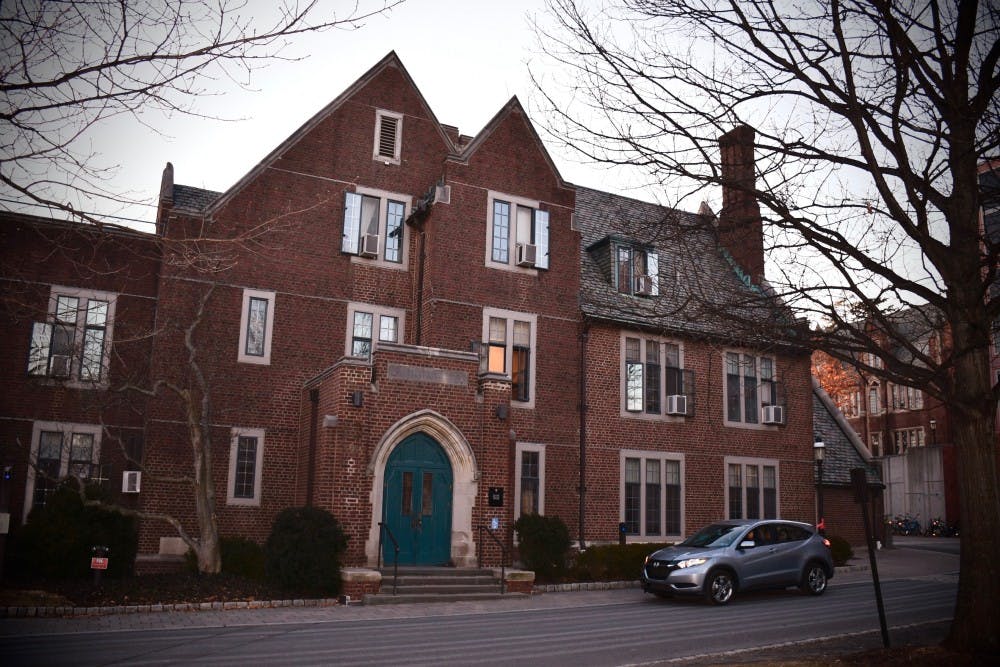I have had enough negative experiences at McCosh Health Center to write two or three columns. Despite positive and kind interactions with some of the staff, others have made me feel disrespected and dismissed.
I remember one of the most striking interactions very vividly, although it happened about a year ago: while a doctor examined me, I grimaced and cried out in pain. After the exam was done, she smilingly apologized that the episode was “a little uncomfortable.”
I was too shocked to say anything other than an automatic “It’s okay” in reply; it was as though my pain had not been real to her, in a way that now reminds me of Professor Keeanga-Yamahtta Taylor’s article on the history of the cruelty exercised against Black Americans seeking healthcare. On other occasions at McCosh, I have had my voicing of medical concerns met with dismissive looks and assertions that nothing is wrong — as if I just don’t know what’s happening with my body.
The breaking point for writing this article was twofold: first, Ashley Olenkiewicz’s recent rosy article about McCosh, and second, McCosh’s utter failure to handle the “Princeton Plague.” I agree with Olenkiewicz that students with alcohol poisoning should make full use of McCosh’s services; however, it would be an oversight to behave as though McCosh is beyond reproach.
Currently, McCosh is not providing students with adequate, thoughtful service. As Janny Eng reported, there has been a significant rise in the number of students seeking care. Subsequently, in my view, the standard of care has lowered.
I called McCosh on Tuesday, Oct. 12 to attempt to seek assistance for sinus congestion, headache, and coughing up a small amount of blood. A receptionist took note of my symptoms, asked several basic COVID-19 diagnosis questions, and told me to expect a call back in a few hours, as the nurse had many people to respond to. I subsequently gave up on dealing with McCosh and instead sought care from an external provider that was much more prompt and helpful.
What does an hours-long wait time to get so much as a potential diagnosis back — with the slim possibility of even a telehealth visit — communicate to students? In my mind, it suggests that our health doesn’t matter terribly much, which is something that the exhausting nature of midterms week already posits. So long as students don’t have COVID-19, we don’t seem to warrant attentive, in-person care.
The way McCosh is functioning is inexcusable: it’s doing the bare minimum. Another student, Will Huang ’25, previously told the ‘Prince’ that he spent an extensive amount of time trying to get an appointment before being told over the phone to buy Robitussin to treat his severe cough. He said he was not able to get in-person care until he coughed so hard that he vomited. Effectively, McCosh would only see him when it became undeniable that something was seriously wrong: far after the point when he should’ve been provided with care.

One could say that McCosh should be given the benefit of the doubt and might just be overworked, but this is no excuse. Princeton has no shortage of resources with which to provide adequate care to students.
Beyond funding, however, University Health Services must treat the students it does see with more sensitivity. This is especially important regarding how it treats students of color. There needs to be a reckoning with the historical and current racism of the medical profession in order to improve care, and it has to be more substantive than a few anti-racist training sessions. It doesn’t matter how many personnel McCosh has if they fail to treat every student with respect.
I’m not saying that students shouldn’t seek healthcare when they need it, nor am I pretending to have all the solutions; I’m just questioning the efficacy and availability of the resources the University has provided us with. We deserve better, and for the sake of our collective health we need better.
Brittani Telfair is a senior from Richmond, Va. majoring in SPIA and pursuing a certificate in African American Studies. She can be reached at btelfair@princeton.edu or @brittanit10 on Twitter.









